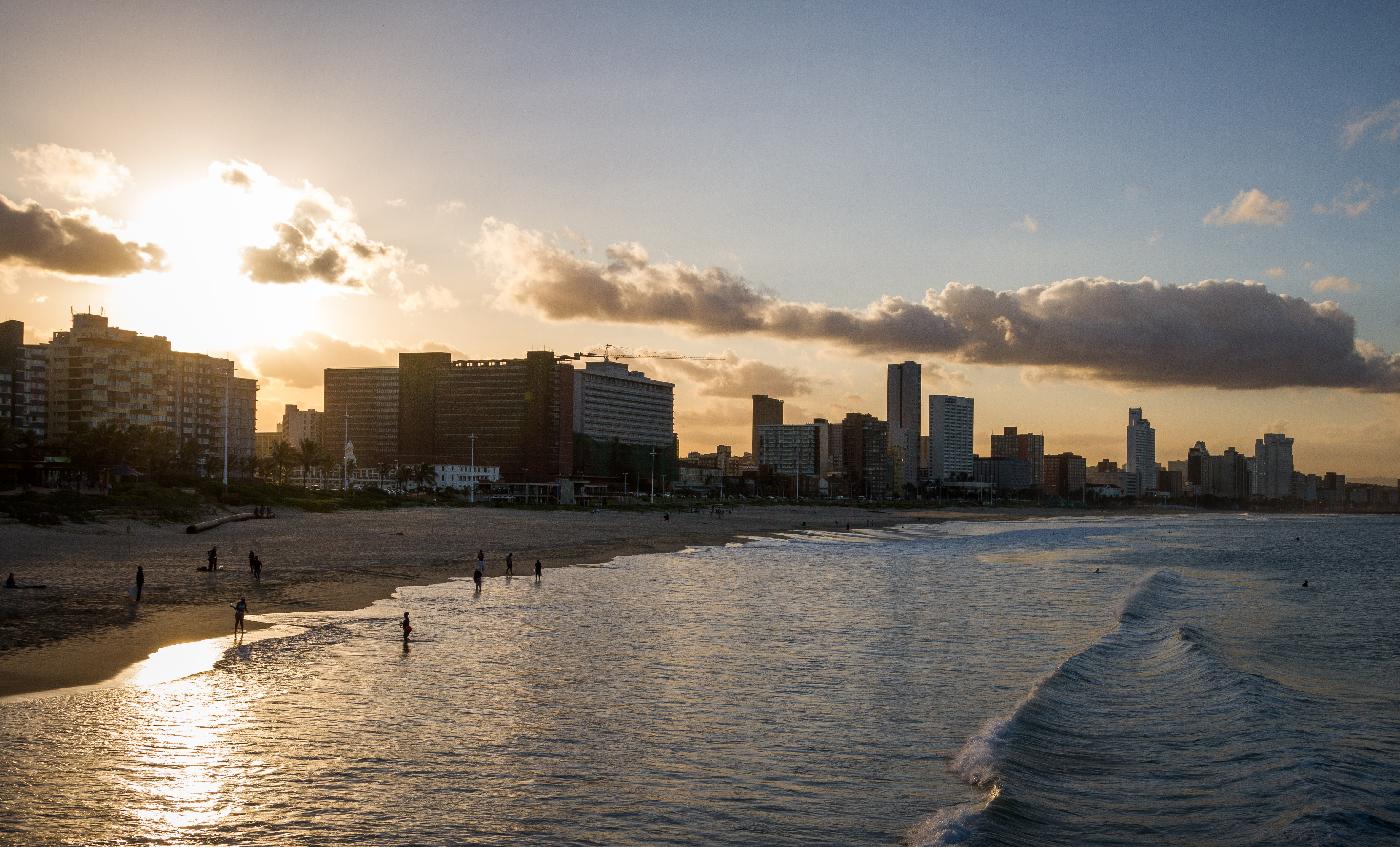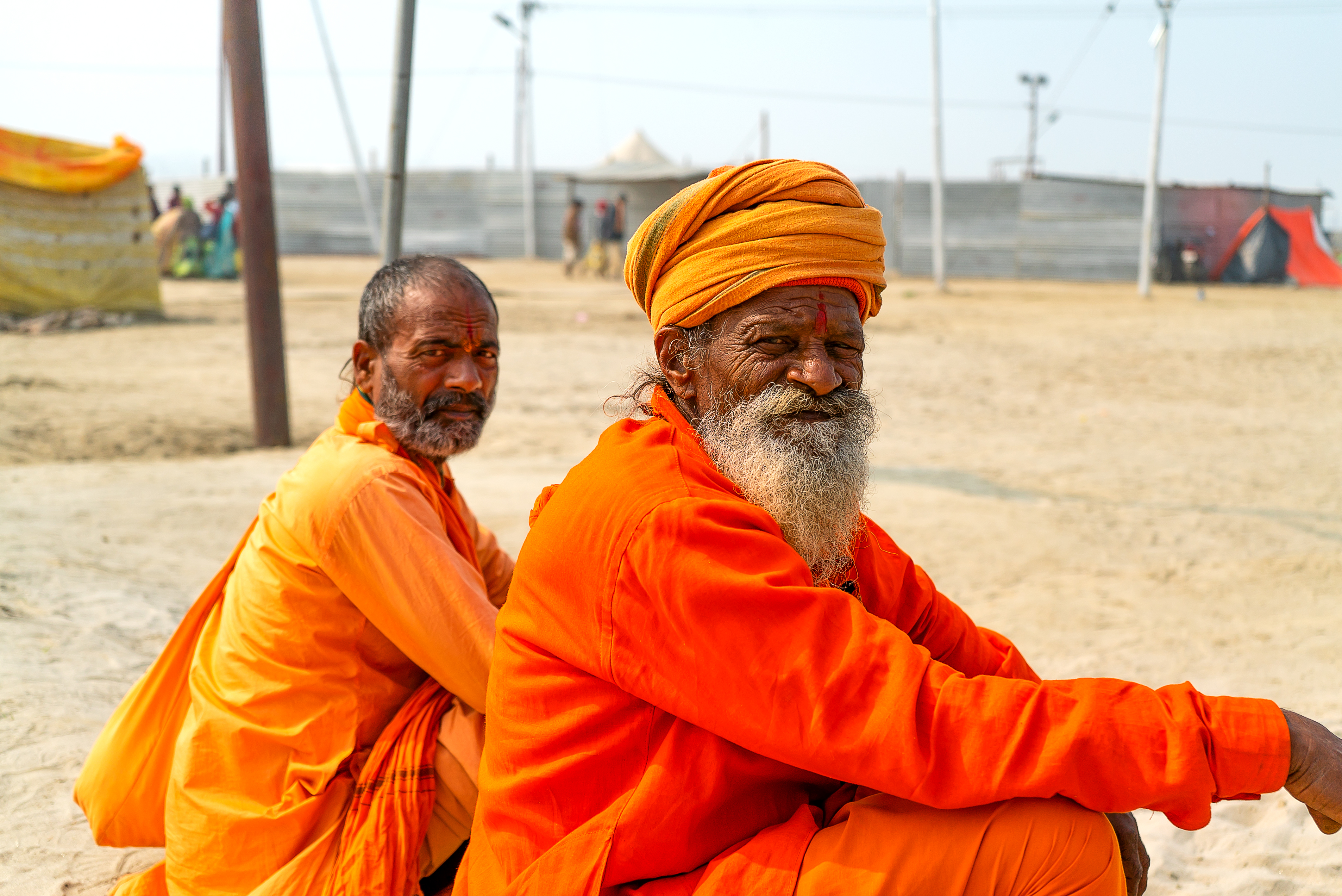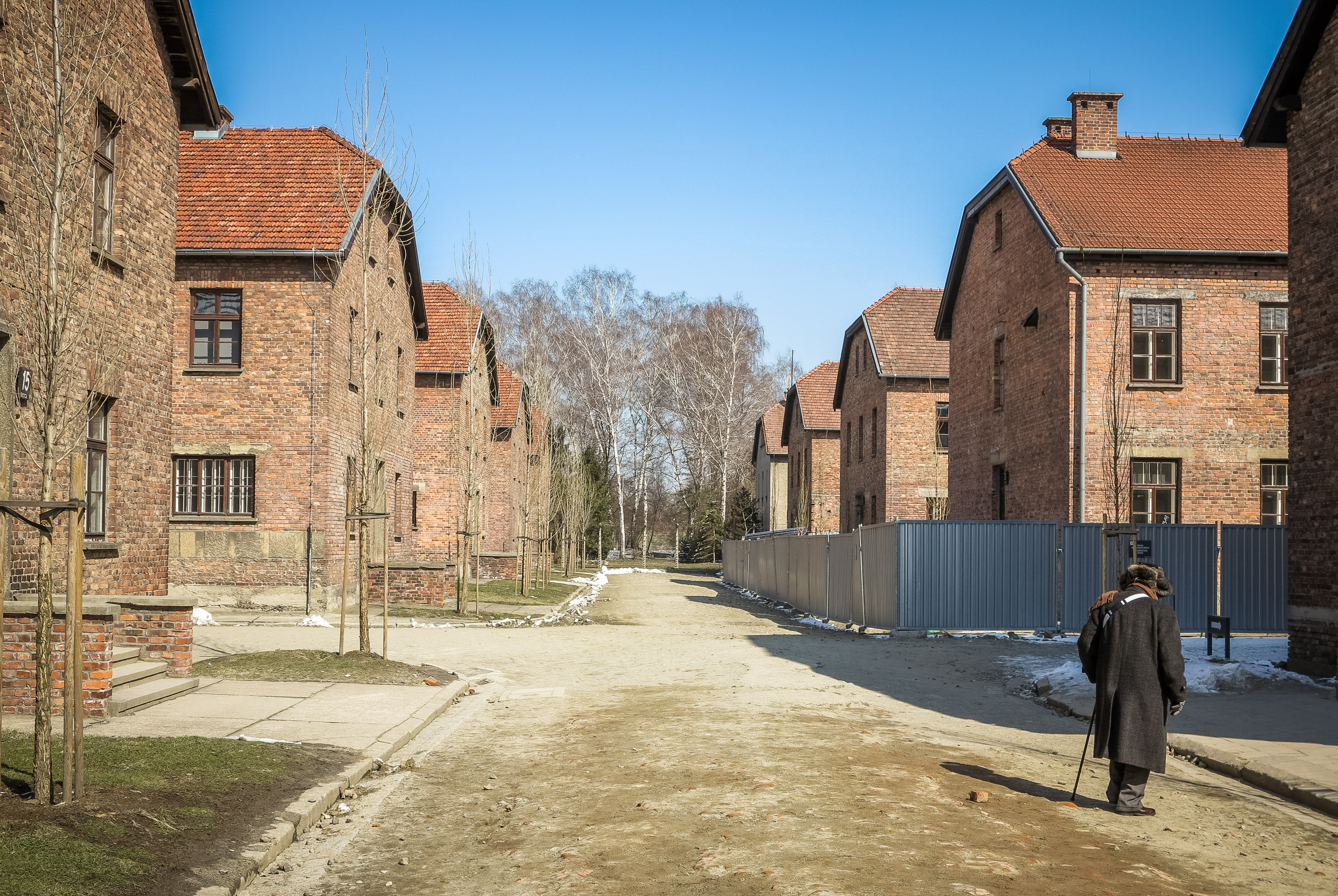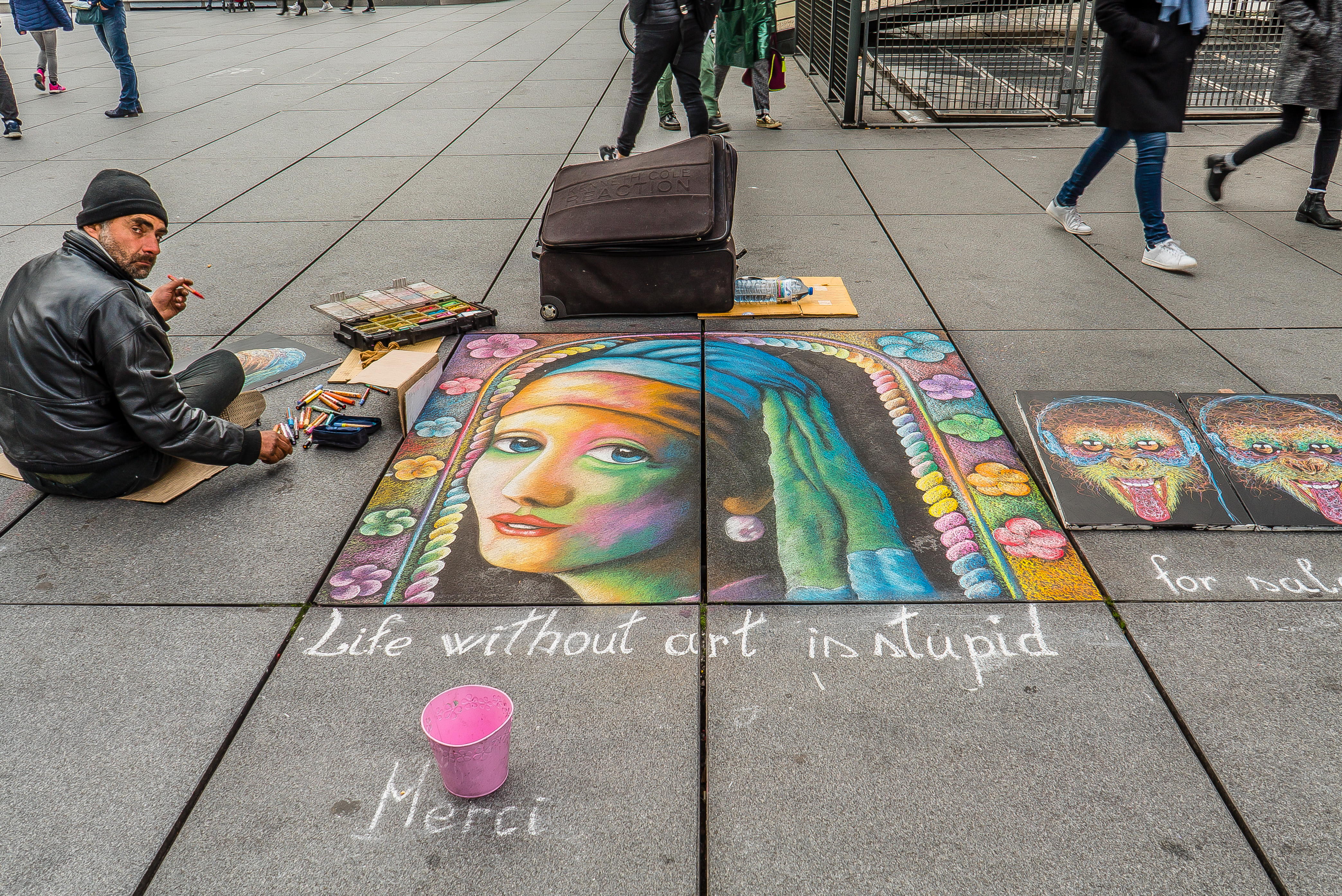While I believe environment impacts personality, I believe character is developed through exploration. Particularly in places you aren’t familiar with. Which is why moving abroad is romantic. Well romantic in the ways it’s being presented these days. With the “Quit Your Corporate Job and Travel the World” advocates taking up all the headlines. Some part of me agrees with those presenting this narrative. And I honestly believe it’s well-intentioned. But rarely do these adventurous pieces of content delve into the reality of moving abroad. Personal, Financial, and Cultural scenarios need to be taken into consideration before making this leap.
I have a firm belief that most people aren’t born in the place they belong. As I prepare to leave my adopted home I’ve decided to address one of the most common questions I receive. Where do I think a good place to live abroad is? This is such a personal question that it’s almost impossible to answer. So, I’m going to go into a bit more detail about the trials and tribulations of moving abroad. This post is specifically for those looking to move overseas to a set destination or a couple of destinations for long periods of time.
You Need to Gauge Your Sensitivity to Microaggressions and Fetishization
Lets go ahead and light this fire with gasoline. If you’re a marginalized person in your nation of birth, you’ll want to find out how your experience will change (or stay the same) in the place you choose to move. An unfortunately, there aren’t a lot of resources out there for marginalized peoples because…….well, we’re marginalized. And that doesn’t necessarily change a lot depending on where you go in the world. This realization can be extremely hard for those that come from western nations with specific protections covering race, gender, sexuality, or physical disabilities. The reality is, these protections are NOT globally universal and you need to be aware of that.
To a slightly lesser point, at least in my opinion, you must gauge your level of tolerance for fetishization and microaggressions. I’ll admit this baffled me. I’m an extrovert. I tend to talk to anyone and as a travel photographer naturally engage with people. And that comes with a lot of attention. But for those who aren’t used to that it can be overwhelming. From people staring to physically touching you. Not to mention dating. Especially for people of color that have been depicted as sexually inclined by the media in general.
Dating Might Not Be Easy
I feel like this is something a lot of people don’t consider when choosing to move abroad. Especially to places where you’re an ethnic minority. Human nature tends to push us to date/interact with those who come from a similar background as ourselves. This is especially true of largely homogenous places. So a lot of times either you won’t find anyone from your background or locals won’t want to date you. And this can be extremely frustrating.
On top of that you’ll have to deal with the reality of fetishization. Fetishization is something that happens for a variety of reasons. Socioeconomic status, skin tone, nationality, or body type can make you more desirable to people around the world. And some cultures accept this more than others. It’s perfectly acceptable to date someone for their money in some cultures for example.
Navigating the cultural norms and dynamics when dating abroad is something any single ex-pat will have to contend with.
Learn About Work Opportunities and Laws
Not every potential home will have work opportunities in your career field. Some countries, like Thailand, specifically prohibit foreigners from working in certain industries. And this practice makes sense in a lot of ways as economic protection for locals. This is unfortunate news for potential ex-pats in certain career fields. This is probably the most important thing you need to research before making a move. Cash is king globally. Pretty much everything else on this list can be solved or mitigated with cash. And if you can’t find work where you’re looking to go, your opportunities will be vastly limited.
There’s been a growing trend of “digital nomads” riding the edge of immigration laws. While this might be fine for them given their transient nature, it’s far riskier and potentially costly for those looking to stay in a place. Immigration law can differ drastically between countries. For those of us from western nations these laws tend to be rather liberal. And honestly, easy to get around. BUT this also depends on where you’re looking to go. Western nation to western nation moves can be a lot trickier. Especially with international situations like Europe’s refugee crisis, Brexit, and President Trump………..being President Trump.
You’ll Miss Your Loved One’s Lives
No matter your intentions, you’re going to miss quite a bit of your loved ones lives. Even those who really aren’t doing much. Technology has made it easier to stay in touch but nothing can replace actually being present. Births, promotions, birthdays, baby steps, holiday gatherings. You’ll miss quite a few things that might have been extremely important to you before. And this can put a strain on your relationships with friends and family. Particularly if you had a close relationship prior to leaving. This is an unfortunate reality you’re going to have to deal with. While you can plan to visit during the “important” holidays, your new life might have other ideas and those visits become fewer and further between.
You Actually Might Not Like It
Trial and error is also something that has to come into play when looking for a new home. You can do all the research you want but the reality is, some places just aren’t going to be for you. For example, a lot of people love Chiang Mai Thailand. I personally hate it with the fury of a thousand suns. But that knowledge came from actually spending quite a bit of time there.
I know it seems I criticize the “digital nomad” culture a lot but it’s becoming more and more of a necessity. Unrealistic perspectives of places are being presented largely positively without giving people the level of context and information they need to make these life-changing decisions. And the last thing we should be advocating is people spending their resources to move to a place where they’ll possibly be miserable.
I spend about 10-11 months a year outside of the U.S. And I love it. I’m built for it and have created an amazing life. However, this isn’t for everyone and you have to look beyond the romantic notions and dig into the realities of leaving your home country. In the end, it’s you that will have to deal with the consequences/benefits of your move.
This is NOT a complete list of things you need to know/consider before moving abroad. Every destination has extra steps you’re going to need to take. Not to mention the personal ones. For example, unlocking your phone, finding a healthcare provider, or finding a place to live. Here are a few resources you can use to make life a bit easier and feel free to reach out with specific questions.
Resources
https://www.numbeo.com/cost-of-living/
glassdoor.com (TIP: Put “expat” in the job title search bar and select the country. It’ll filter the listings that have Expat friendly in the title)
Meetup.com (One of the best ways to make new friends when moving abroad)








